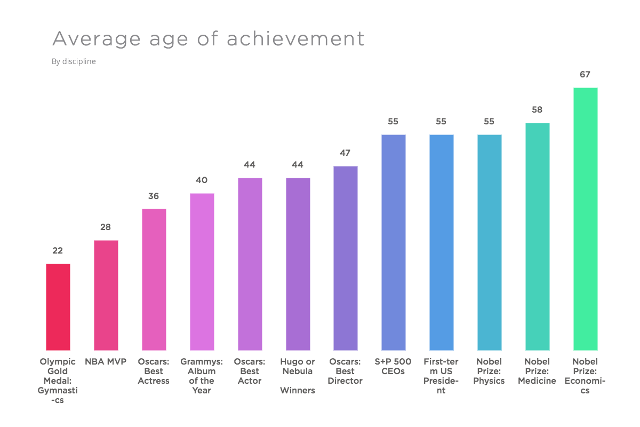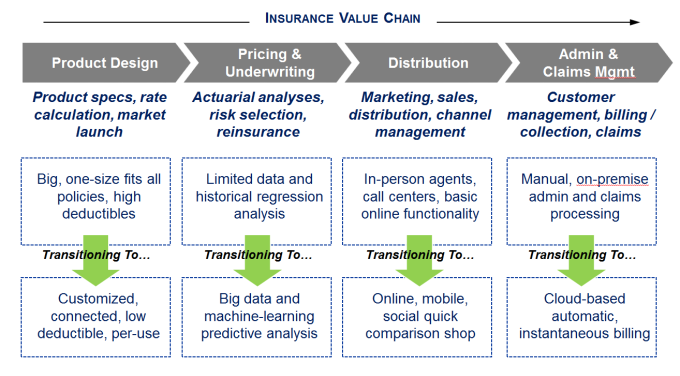
Photo by Mihai Surdu on Unsplash
- Why you should ditch team building activities and just let people get to work
Forget the rock-climbing excursions; instead, give team members meaty tasks to accomplish together (and I’m talking about real work, not fake tasks here). The most effective way to strengthen team bonds is by having people work together and accomplish results as a group. Winning the three-legged race may be exhilarating (or embarrassing for those who don’t love the cheesy), but overcoming a work challenge or solving a thorny problem is a much more effective way to get your team closer together.
https://www.fastcompany.com/90408773/4-things-you-should-do-instead-of-team-building-activities
- The Phone Call Isn’t Dead, It’s Evolving
Talking was the most popular way to communicate via cellphone in the fall of 2012, with 94% of survey respondents having done so in the prior week, according to consumer-research firm MRI-Simmons. By the spring of 2019, talking had fallen to least popular, behind texting, emailing, posting to social media and using chat apps, with just 45% reporting doing it in the prior week. In other words, less than half had used their phone for an actual phone call.
Multiple people I interviewed said when the phone rings unexpectedly, they assume someone has died. But some app developers and investors think voice communication over the phone isn’t the problem, just the act of making a phone call itself. Between the rise of smart speakers and Apple’s wireless AirPod earbuds, and the ubiquity of group messaging and video chat, they’re betting now might be the time for voice to make a comeback.
https://www.wsj.com/articles/the-phone-call-isnt-dead-its-evolving-11571457605
- What causes an economic recession?
- Zuckerberg defends Facebook as bastion of ‘free expression’ in speech
Zuckerberg defended the company’s decision to allow misinformation in political advertising on the platform, despite high-profile pushback against the policy.
“Given the sensitivity around political ads, I’ve considered whether we should stop allowing them altogether,” Zuckerberg said. “But political ads are an important part of voice – especially for local candidates, up-and-coming challengers and advocacy groups that may not get much media attention otherwise. Banning political ads favors incumbents and whoever the media covers.”
And he also seemed to brazenly rewrite the site’s beginnings, which were reportedly as a “hot or not” game for Harvard students to play, as a platform to share perspectives after the beginning of the Iraq war.
https://www.theguardian.com/technology/2019/oct/17/mark-zuckerberg-facebook-free-expression-speech
- Debt-ridden GE abruptly freezes pensions on 20,000 employees
The company announced today that it was going to pre-fund about $4-5 billion of estimated minimum ERISA funding requirements for 2021 and 2022 and offer a limited time lump-sum payment option to approximately 100,000 eligible former employees who have not started getting their monthly pension payments yet.
According to GE, these moves will cut its pension deficit by about $5-$8 billion and its industrial net debt by approximately $4-$6 billion.
Wall Street seemed to like the decision. GE’s stock was $8.63, up 6 cents or 0.70%, in pre-market trading.
https://www.fastcompany.com/90414035/debt-ridden-ge-abruptly-freezes-20000-employee-pensions







